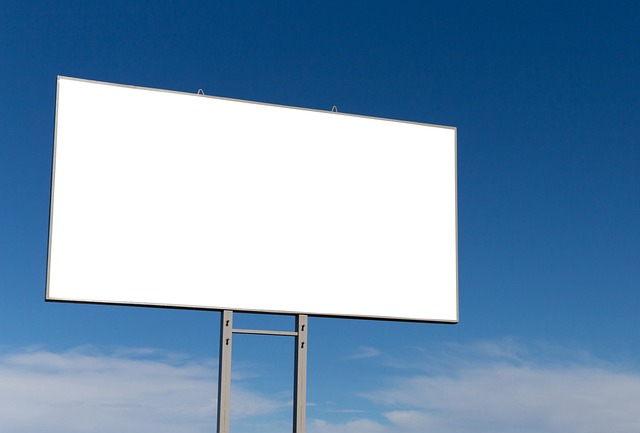On September 12, 2024, The Hague passed the world’s first law banning advertisements promoting fossil fuel products and services with a high carbon footprint such as gasoline-engine vehicles, cruise ships, and air travel. This new law prohibits advertisements promoting fossil fuel products and services on street signs, digital signage, and all public advertising spaces, and takes effect on Jan. 1, 2025.
Earlier this year on June 5, UN chief António Guterres mentioned that the fossil fuel industry should be banned from advertising, as one way to combat climate change. In his speech, he called for governments and media to ban advertising from high-emitting companies, citing the same rationale that was used in the past to ban tobacco advertising due to its harmful effects on health.
In recent years, regulations against greenwash advertisements have been growing. The Hague’s new regulation is legally binding, so it can be enforced through legal action if a company violates it.
Movements to regulate advertisements of fossil fuel companies have been growing in various countries and cities. In 2022, France became the first European country to ban fossil fuel advertisements under its new climate law. This applied only to direct advertising of fossil fuels, and although it was pointed out at the time that there were loopholes, such as the exclusion of natural gas from the scope, it was a pioneering national advertising regulation. In Australia, city councils, including Sydney’s, have voted for a range of restrictions on fossil fuel ads and sponsorships. And in May 2024, Scotland’s Edinburgh city council banned advertisements of fossil fuel, air travel, gasoline-engine cars, and cruise ships in public spaces such as billboards and bus stops across the Scottish capital. In Amsterdam, another city in the Netherlands, fossil fuel-related ads are no longer allowed in subway stations or the city center.
The Hague’s ban, which took two years to pass, outlaws fossil fuel products and services with a high carbon footprint, but it does not cover political advertising by the fossil fuel industry or ads that promote brands more generally. Nonetheless, this decision by the council in The Hague – which is the administrative center of the Netherlands and the hub of international law – is particularly significant due to how difficult it is to overturn.
The Hague has set an ambitious goal of becoming a CO2 neutral city by 2030, while the Netherlands aims to be carbon-neutral by 2050. The passage of the advertising ban in The Hague, which is working toward a higher goal than the national target, will serve as a catalyst for other movements around the world that are launching campaigns to regulate advertising by fossil fuel-related companies and others.
In Japan, the advertising of fossil fuel companies and high-emitting businesses remains unchecked. As Japan expands its business across borders, it cannot ignore such regulations in the Netherlands and other countries. JBC urges for similar laws or restrictions to be put in place in Japan, and that companies review their advertising and begin to self-regulate their advertising of products and services that contribute to climate change.
Related Information
Kiko Network: 【Press Release】Sharing information with the UN regarding the petitions submitted to JARO on JERA’s “CO2-free fire” and other greenwash advertisements (August 15, 2024)
Reference
Fossil Free Advertising for a ban on fossil fuel advertising (Link)

